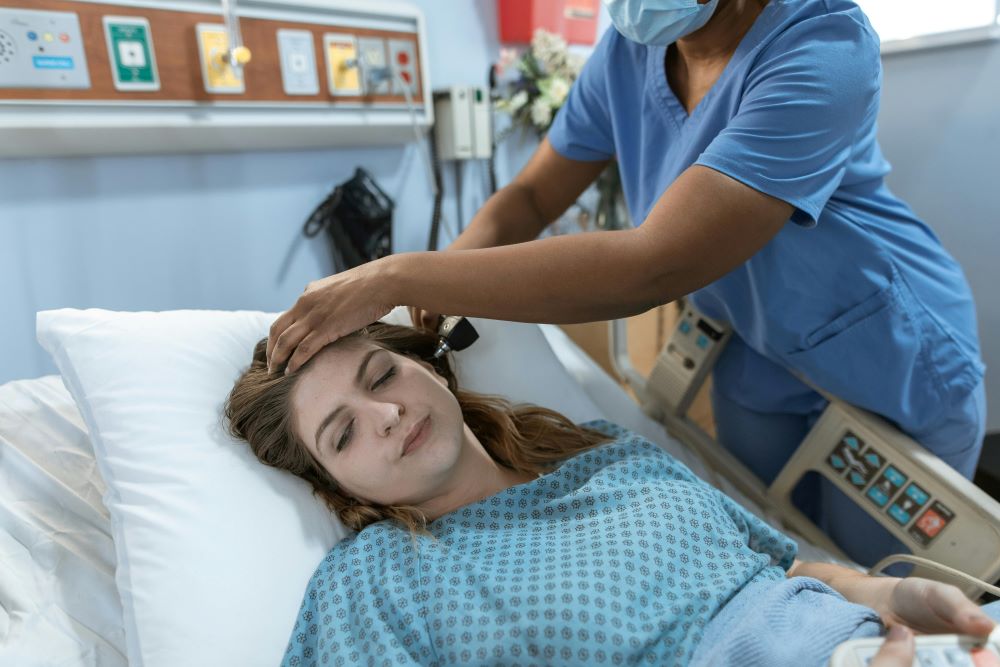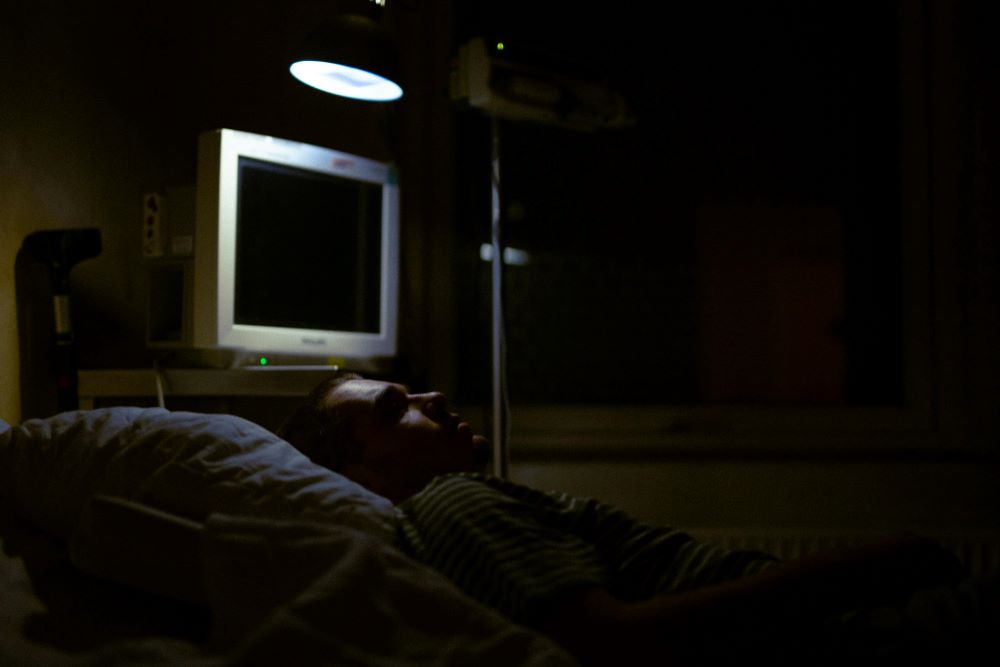Study discovers patients who can’t respond physically still show stimuli acknowledgement in the brain.
Recent research, led by experts at Mass General Brigham, has uncovered new insights into detecting consciousness in patients who appear unresponsive due to traumatic brain injuries (TBIs). The study, published in the New England Journal of Medicine, reveals that enhanced imaging methods can uncover cognitive activity in brain injury patients who otherwise seem to have lost ability to respond. This discovery has profound implications for how we understand and interact with individuals in altered states of consciousness.
The research involved 241 participants with severe brain injuries who showed no outward response to simple commands. Using functional MRI (fMRI) and electroencephalography (EEG), the researchers asked participants to imagine opening and closing their hands, followed by stopping the imagined action. Remarkably, 25% of these patients showed brain activity consistent with following the instructions, even though they could not physically respond. This phenomenon (call cognitive motor dissociation) suggests that these patients retain an understanding of language, memory, and attention even when their body is unresponsive.
The team concluded, “Approximately one in four participants without an observable response to commands performed a cognitive task on fMRI or EEG as compared with one in three participants with an observable response to commands.”

Dr. Yelena Bodien, the study’s lead author, said, “Some patients with severe brain injuries might seem disconnected from their surroundings. However, advanced techniques like task-based fMRI and EEG reveal that their cognitive processing is very much intact. These results prompt important ethical, clinical, and scientific questions about how we can use this hidden cognitive capacity to establish communication systems and enhance recovery.”
Participants in the study ranged from those who had recently experienced severe injuries such as those from motor vehicle accidents or strokes to those who had been living with brain injuries for months or even years from previous injuries. The team analyzed data from 112 additional participants who did respond to instructions. Interestingly, fMRI and EEG did not always detect cognitive motor dissociation in these responsive individuals, drawing attention to the overall complexity and high cognitive demands of the testing procedures.
These preliminary findings give family members of brain injury patients hope that their loved ones can still hear them in a state of altered consciousness.
“Families have shared with us how a positive test for cognitive motor dissociation changes the clinical team’s approach,” Bodien added. “Teams become more attuned to subtle signs of volitional control, often improving the patient’s quality of care and interaction.”
Missing these signs, on the other hand, can have serious consequences, including withdrawing life support too soon or insufficient rehabilitation efforts. Senior study author Dr. Nicholas Schiff noted the ethical responsibility associated with these findings. “It’s crucial to engage with patients showing cognitive motor dissociation, using research and technology to connect them with the world,” he said.
Looking forward, the researchers advocate for further validation of the study’s results. Future studies can take a closer look at the mechanisms behind patient responsiveness.
“To make progress, we need to enhance the standardization and accessibility of these evaluations,” Bodien said.
Sources:
1 in 4 Brain Injured Patients Who Seem Unresponsive Have ‘Covert’ Consciousness
International study detects consciousness in unresponsive patients


Join the conversation!